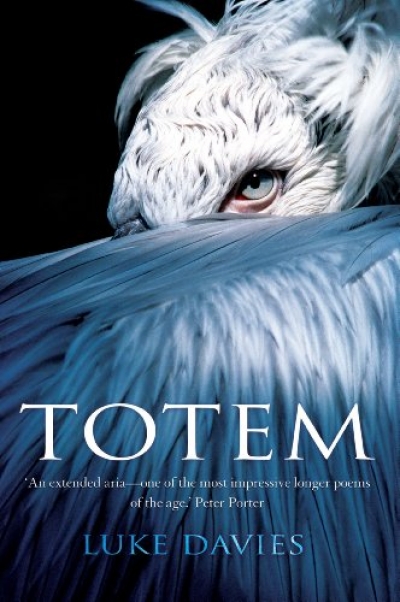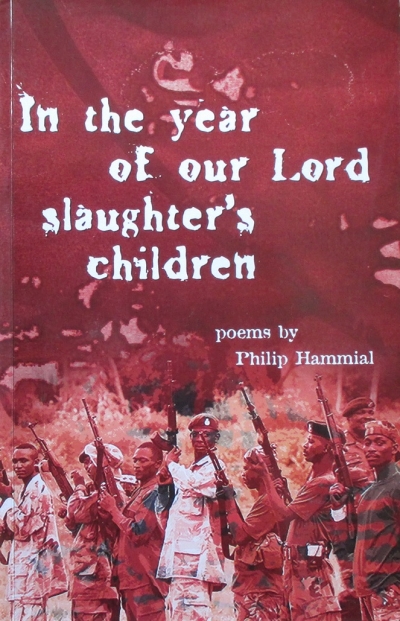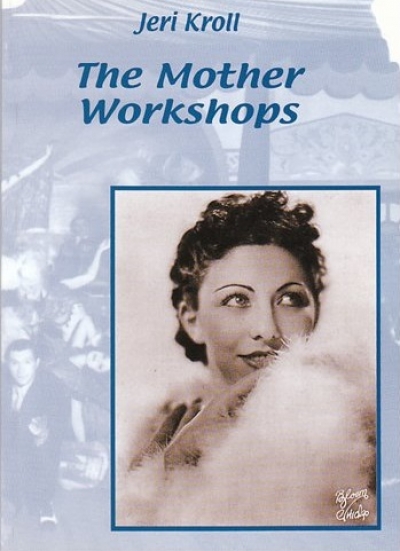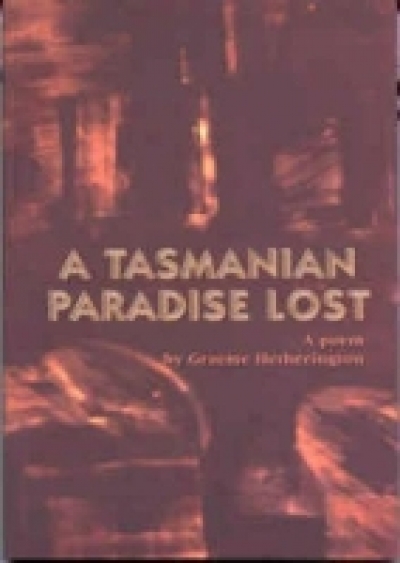Poems
Come – no grazed knee, no tears, no –
no fear of darkness in the singing wood.
Hear the threnody written on the wind:
a lament not for lostness, no, but for the slow
path homewards, the pebbles which guide us:
... (read more)The time’s come round again, blind pomegranates shine
In their dark bins like tawny Tuscan wine.
... (read more)for Craig Sherborne
‘Grief wrongs us so.’
Douglas Dunn
To the sea we bear our fathers in state –
or what they’ve done to them: the square conversions.
Surf mild as receding tides,
we slump in dunes with our burdens,
... (read more)The kookaburra begets the sacred kingfisher
who begets the rainbow bee-eater
who begets the firetailed finch
who begets the forty-spotted pardalote
who begets the damsel fly
who begets the jewelled beetle
who begets a pentangle of reflected light
that falls on a colony of dust mites
... (read more)(from Peter Henry Lepus in ‘Iraq, 2003’)
Are all Arabs Muslims? Peter Henry asks.
Nobody answers him.
She’s got dark hair that stops
just above her shoulders. Turns up at the ends.
She’s very slim, Max says.
He’s talking to Hamid
about Weasel Smith’s girlfriend,
whom he is hoping to meet
somewhere south of Baghdad.
... (read more)



